Announcement
Collapse
No announcement yet.
Nagorno-Karabagh: Military Balance Between Armenia & Azerbaijan
Collapse
X
-
Re: Nagorno-Karabagh: Military Balance Between Armenia & Azerbaijan
Why a Nagorno-Karabakh Deal May Be Imminent
Analysis NOVEMBER 14, 2015 | 22:31 GMT Print Text Size
After a decadeslong standoff, Armenia and Azerbaijan may be making diplomatic progress toward resolving their bitter dispute over the breakaway territory of Nagorno-Karabakh. Both countries claim the semi-autonomous region, which lies along the southern half of their shared border, but since the end of a six-year war over the territory in 1994, Armenia has exercised control there and in seven adjacent regions also wrested from Azerbaijani rule. For 15 years, Russian support for Armenia has kept Azerbaijan from mounting another viable challenge to retake Nagorno-Karabakh. However, Russia's increasingly fragile position amid its standoff with the West and Azerbaijan's ability to leverage this change may soon prompt deals on several of the regions adjacent to Nagorno-Karabakh.
Analysis
The dispute over Nagorno-Karabakh between Armenia and Azerbaijan is one of several frozen conflicts in the former Soviet space that have persisted since the collapse of the Soviet Union. After the end of the war in the early 1990s, there was a period of relative calm. But over the past year, military clashes along the border have intensified as Azerbaijan has increased cross-border raids and shootouts.
In what may be a harbinger of changes to come, Russian Foreign Minister Sergei Lavrov made an unannounced visit to Armenia on Nov. 9 in what some local media have billed as a "secret" trip to discuss Nagorno-Karabakh. Russia has played a significant role in the dispute, both as the main mediator in political negotiations between the two countries and as Armenia's de facto security guarantor. (Russia has 5,000 troops in Armenia.) But after years of defending Armenia's claims, Russia may be more open to negotiating with Azerbaijan now that Moscow is under increased pressure from the West.
Meanwhile, Azerbaijan is being seen as a potential alternative energy supplier to the Europeans, and Baku is using its newfound political clout to lobby Moscow to change its position on Nagorno-Karabakh. Azerbaijan has expanded economic and security cooperation and has cultivated a more active diplomatic relationship with Russia. At the same time, it is becoming more aggressive toward Armenia, conducting cross-border raids and initiating shootouts along the line of conflict more frequently.
A Diplomatic Resolution
Stratfor has previously laid out several potential directions the Nagorno-Karabakh standoff could go. As Azerbaijan grows bolder, it may reach an agreement with Armenia that gives it control of the regions surrounding the breakaway territory. If the diplomatic route fails, Azerbaijan may increase the scale of its military activities. And of course, there is always the possibility that the tense standoff will drag on, tensions unabated.
Recent developments suggest the three major parties involved are seriously considering the first scenario: a diplomatically brokered resolution to the conflict. On Nov. 11, several Armenian newspapers, referring to their own sources as well as to media reports from Russia, ran articles and commentaries framing Lavrov's recent visit to Yerevan as an appeal for Armenia to return five out of seven territories adjacent to Nagorno-Karabakh to Azerbaijan. In exchange, Russia would place its own troops in these territories to guarantee that war would not resume and also to convince Azerbaijan to end its economic blockade of Armenia. Citing sources involved in the negotiation process, the Russian daily Kommersant added that the Lachin corridor — a key supply route into Nagorno-Karabakh from Armenia proper — would remain in Armenia's control, as would the region of Kalbajar. Azerbaijan, for its part, would end military hostilities and commit itself to peace talks.
Though neither country has confirmed these reports, there are several reasons to take them seriously. Of particular note is the specificity about the terms of the rumored negotiations. There have been alleged leaks pertaining to talks over Nagorno-Karabakh before, but none of them included this level of concrete detail. Moreover, Armenian President Serzh Sargsyan has on multiple occasions said that Armenia could accept relinquishing control of Nagorno-Karabakh's adjacent regions as long as a secure land link were maintained and international security guarantees were implemented — which would be the case according to the purported current deal. Russia has also recently been signaling its intention to deepen security ties with Armenia through the transfer of military helicopters and the establishment of a joint air defense system, which is an important prerequisite for Yerevan to even consider giving territorial concessions in the Nagorno-Karabakh dispute. The leaders of Nagorno-Karabakh have also hinted to local media that the Russian military may use the airport in the breakaway territory's capital for counter-terrorism exercises.
Armenia's Reservations
Of course, the reports emerging in local media — no matter how credible the source may be — do not guarantee that Armenia will indeed relinquish control of the regions surrounding Nagorno-Karabakh. The dispute is still an extremely sensitive political issue in Armenia, where the public feels a strong sense of national ownership over the territory. The last Armenian president to seriously negotiate a change to the status quo, Levon Ter-Patrosyan, was even forced to resign by popular demand. To make any concession, Armenia's current government would need guarantees it could survive a negotiated settlement. But given Armenia's weak economy and increasing social unrest, making concessions to Azerbaijan could be particularly inflammatory at the moment. Even if the government could make a negotiated settlement over Nagorno-Karabakh politically feasible, there would be extremely challenging logistical issues, including the status of the roughly 500,000 mostly Armenian residents residing in the surrounding regions (the exact number of which is disputed).
If negotiations do proceed, other external powers, notably Turkey and the United States, will likely try to shape any diplomatic resolution to align with their own strategic interests. Both Ankara and Washington are increasingly focused on the Caucasus region, as demonstrated by the U.S. naval chief's recent visit by to Azerbaijan and by Turkish Prime Minister Ahmet Davutoglu's plan to visit Baku in his first foreign trip since the formation of a new government in Turkey.
The Nagorno-Karabakh dispute is complex. Although the international community recognizes the territory as belonging to Azerbaijan, the vast majority of people living within its borders have closer cultural ties to Armenia. Since coming out from under the overarching rule of the Soviet Union, Armenia and Azerbaijan have had to work out their competing claims to the territory — at times, violently. Time will tell whether another war over the long-contested region is in store. But for now, diplomatic activity between Russia, Azerbaijan and Armenia indicates that a more peaceful resolution may be forthcoming. And given the constraints on both Armenia and Azerbaijan, neither can preserve the status quo indefinitely. Whether the coming year brings war or negotiations, some change is better than none.
That being said, it cannot be ignored that the diplomatic activity related to the Nagorno-Karabakh conflict has seen a marked uptick in recent months, and there are increasingly detailed elements of the negotiations that are being leaked to the local and Russian media. The constraints on both Russia and Armenia also suggest that these countries cannot maintain their position on preserving the status quo on the conflict indefinitely. Therefore, the likelihood that control of the regions adjacent to Nagorno-Karabakh will change hands is increasing, and the parameters of a potential deal — if one is able to be made — are becoming slowly but increasingly clear.
Comment
-
Re: Nagorno-Karabagh: Military Balance Between Armenia & Azerbaijan
"including the status of the roughly 500,000 mostly Armenian residents residing in the surrounding regions (the exact number of which is disputed)."
Source: Stratfor
--------------------------
There is nothing disputable here. I wonder where Stratfor is coming up with these figures from. The whole of Nagorno Karabakh, adjacent liberated regions included, is not more than 150,000 people. Such lack of basic facts and figures, coupled with engaging in fortune telling activities and hearsay, puts the credibility of Stratfor into serious question.Last edited by Artsakh; 11-15-2015, 01:34 PM.
Comment
-
Re: Nagorno-Karabagh: Military Balance Between Armenia & Azerbaijan
I accept your points. And the guy differentiate between artsakhian and armenian. I don't share the point of view of the writer.Originally posted by Artsakh View Post"including the status of the roughly 500,000 mostly Armenian residents residing in the surrounding regions (the exact number of which is disputed)."
Source: Stratfor
--------------------------
There is nothing disputable here. I wonder where Stratfor is coming up with these figures from. The whole of Nagorno Karabakh, adjacent liberated regions included, is not more than 150,000 people. Such lack of basic facts and figures, coupled with engaging in fortune telling activities and hearsay, puts the credibility of Stratfor into serious question.
Well i only wanted to share what i found online.
Comment
-
Re: Nagorno-Karabagh: Military Balance Between Armenia & Azerbaijan
Definitely, thank you for sharing friend. The thing is, Stratfor is internationally held in high regard, so much so that even authorities of the NKR have commented on past analysis by Stratfor (usually in a critical manner). However, this article goes to show you that basic information is not known by representatives of this "highly regarded" think tank. Moreover, there is no true analysis in this particular article; more like hearsay, or "talk on the street", so to speak.Originally posted by Zeytun View PostI accept your points. And the guy differentiate between artsakhian and armenian. I don't share the point of view of the writer.
Well i only wanted to share what i found online.
Comment
-
Re: Nagorno-Karabagh: Military Balance Between Armenia & Azerbaijan
Stratfor is a west (big money) propaganda (sly) machine with the purpose of influencing the opinion of the "uninformed".
Confusion is their game and those not in the "know" are their target.
Like others of their ilk , they use some valid facts and the rest is a guise to insert what they want believed.
Stratfor is like the IMF, not what they say they are, not at all.
Comment
-
Re: Nagorno-Karabagh: Military Balance Between Armenia & Azerbaijan
Ավտոպատահարի հետևանքով մահացել է ՀՀ ԶՈւ երկու զինծառայող
Posted on Նոյեմբեր 16, 2015 by Գարիկ Հարությունյան | Leave a comment
Մեղրի-Ագարակ հատվածի 1-ին կմ-ին «Նիսսան Տիանա» մակնիշի ավտոմեքենան դուրս է եկել ճանապարհի երթևեկելի հատվածից և շրջվել Մեղրի գետը: Պատահարի հետևանքով մահացել են ավտոմեքենայի վարորդ, 1991 թ. ծնված Վ. Մ.-ն և ուղևոր, 1985 թ. ծնված Ա. Ա.-ն:
Հղում անելով ՀՀ պաշտպանության նախարարությանը՝ հայաստանյան News.am կայքը հայտնում է, որ պատահարի հետևանքով մահացած Վոլոդյա Մարտիրոսյանը և Արամ Ասլանյանը եղել են ՀՀ ԶՈւ պայմանագրային զինծառայողներ:
Comment


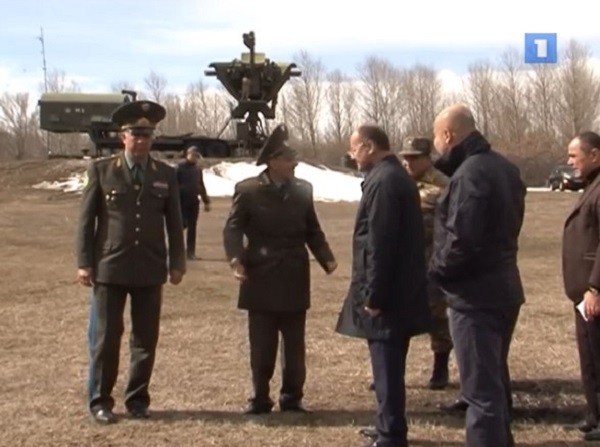
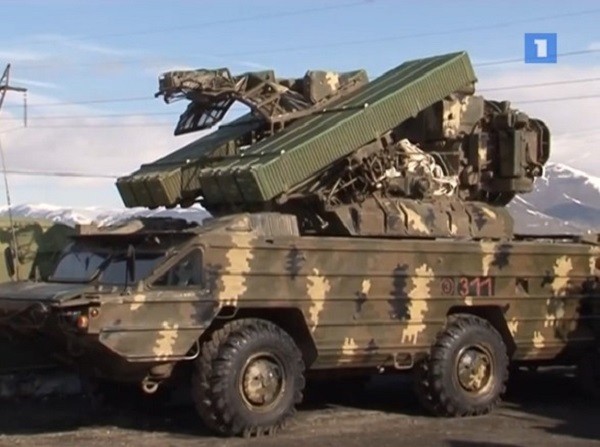
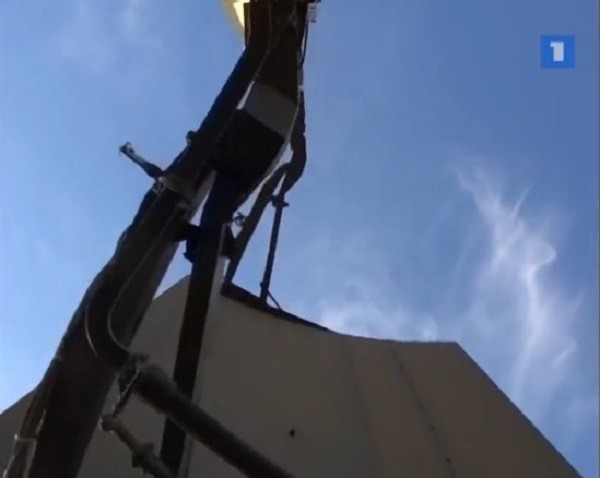
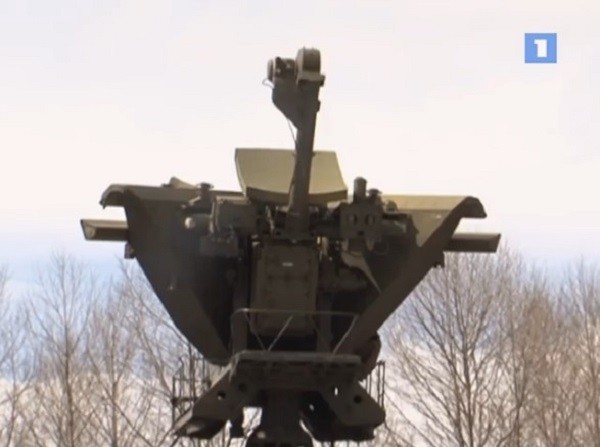
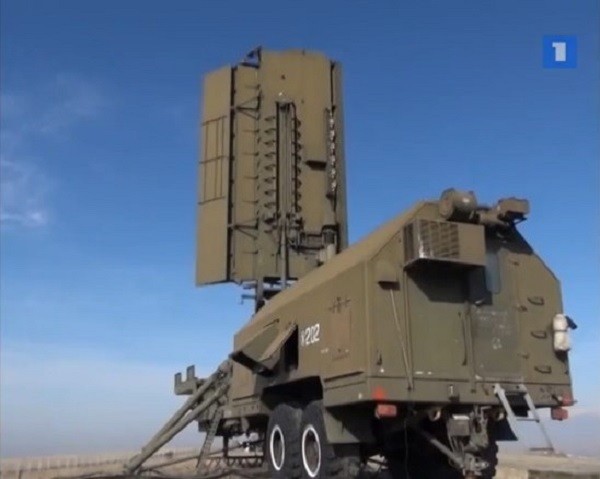
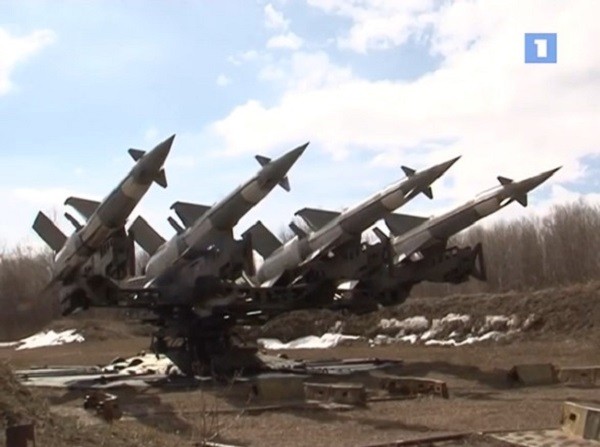
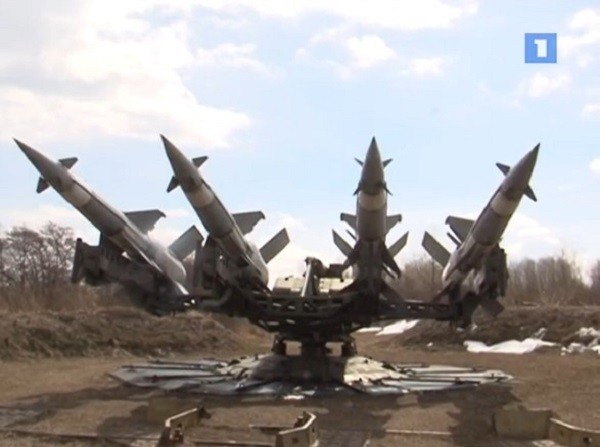


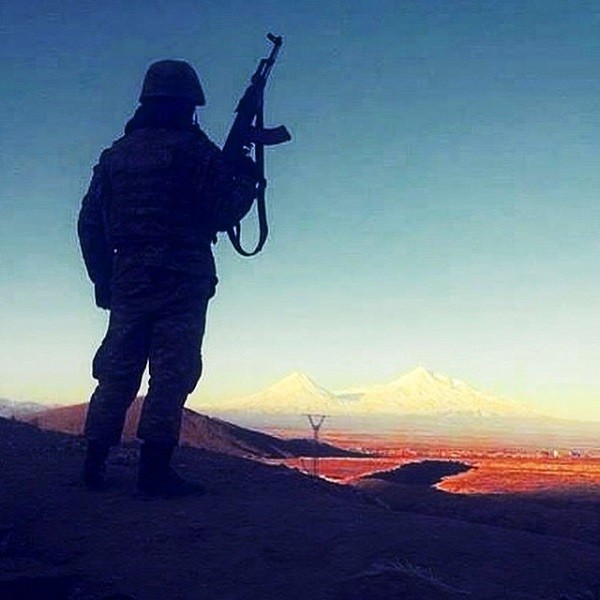
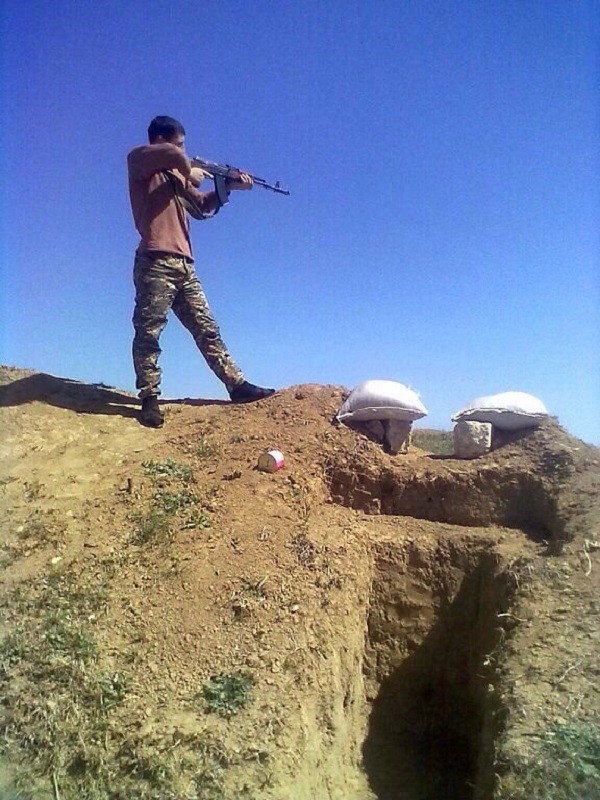
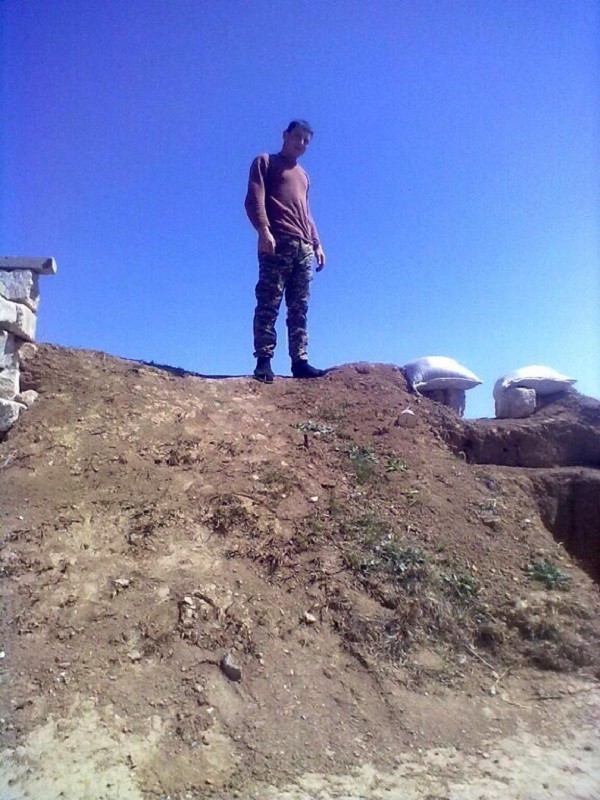
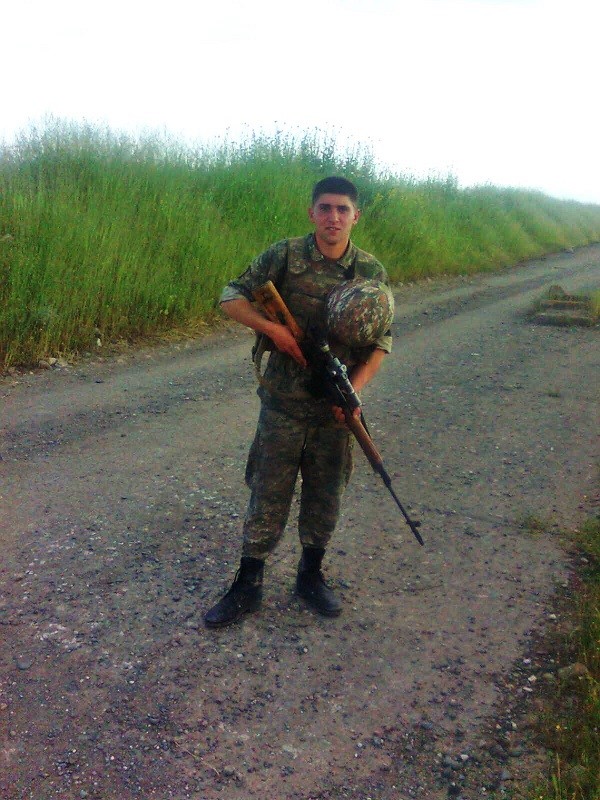
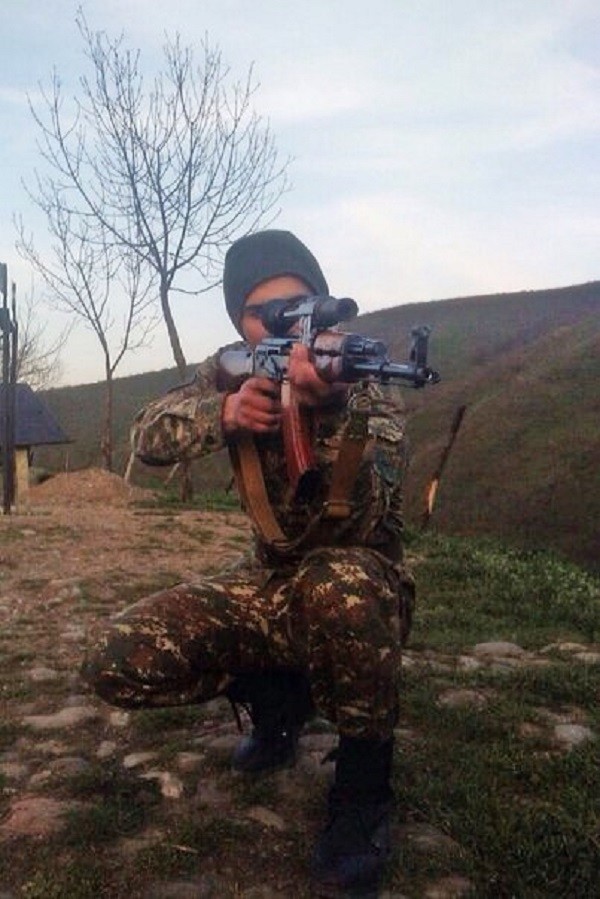
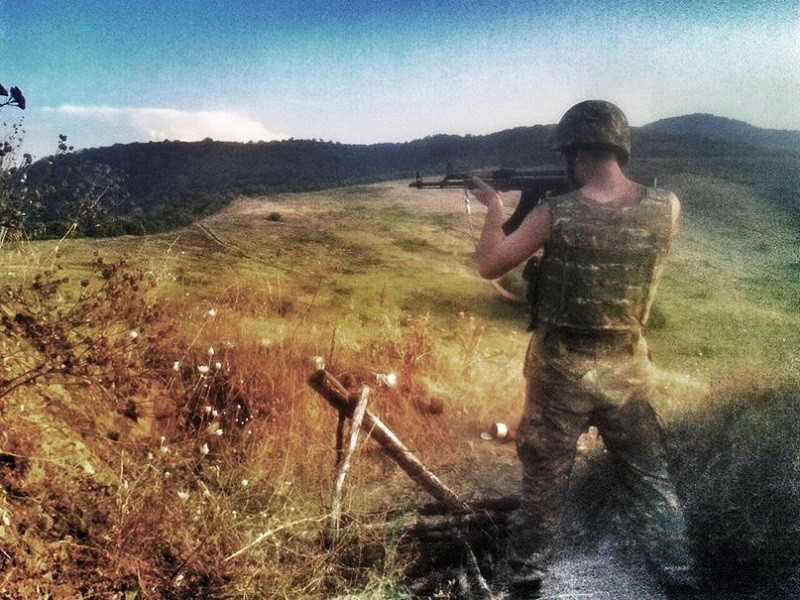



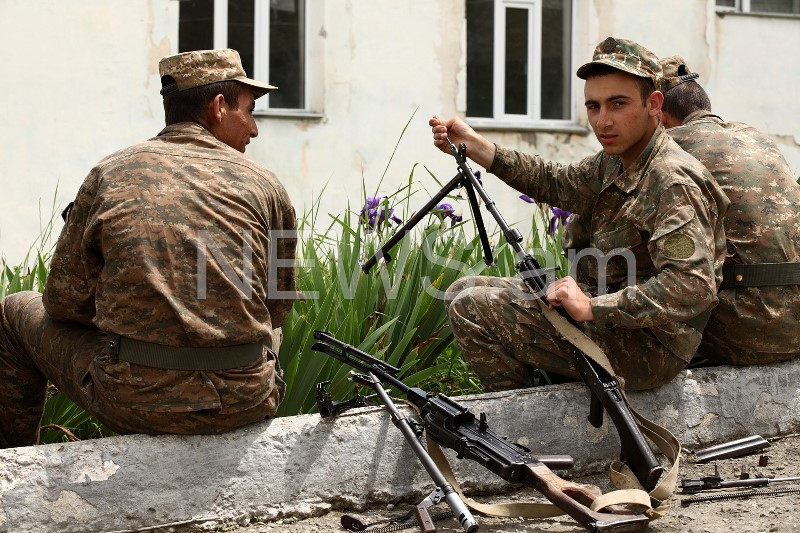
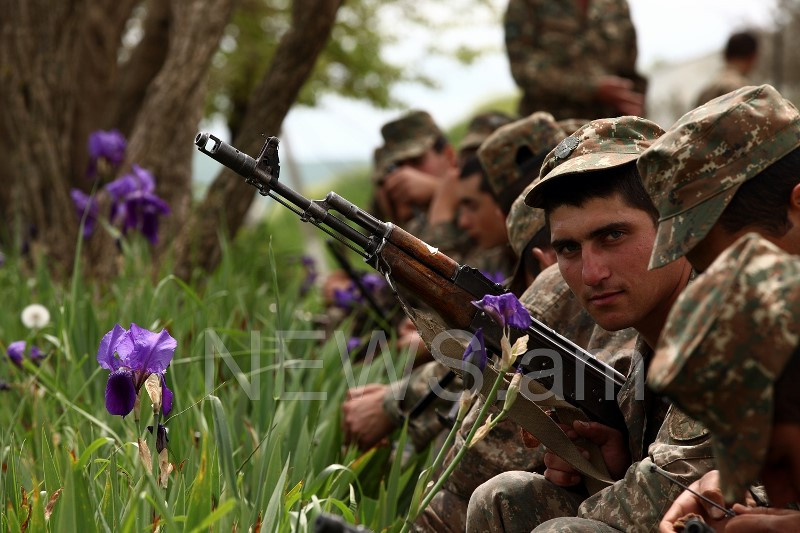
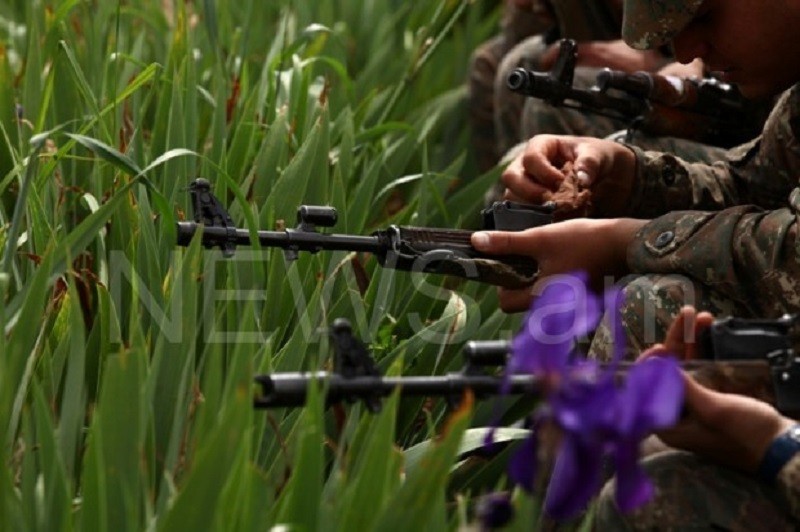
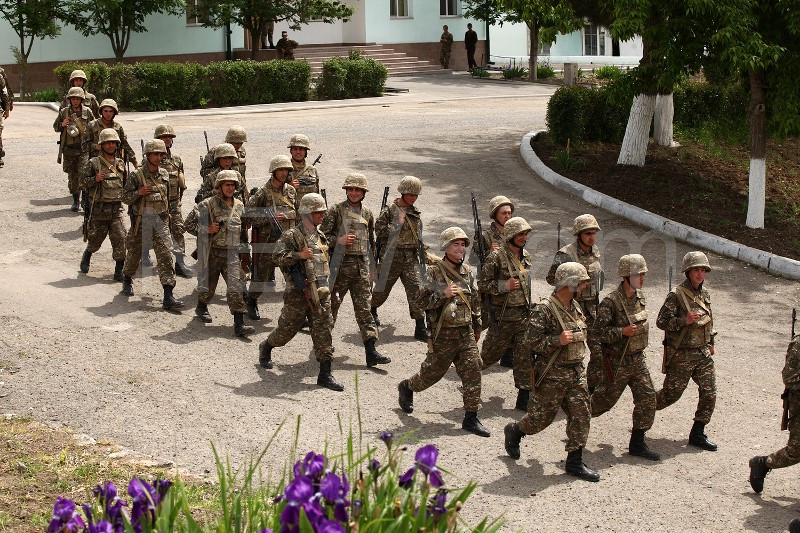
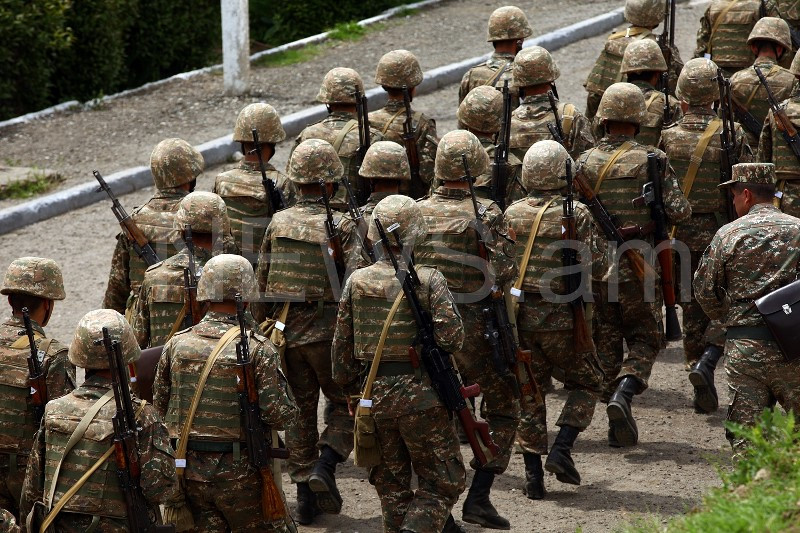
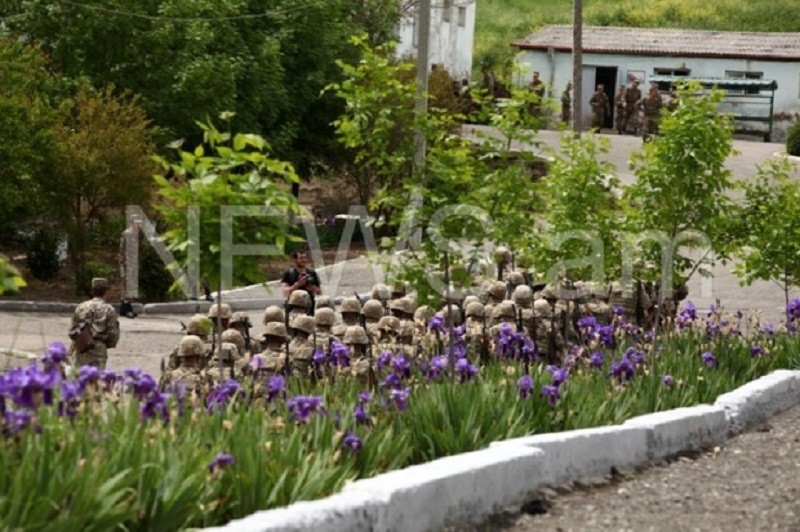


Comment